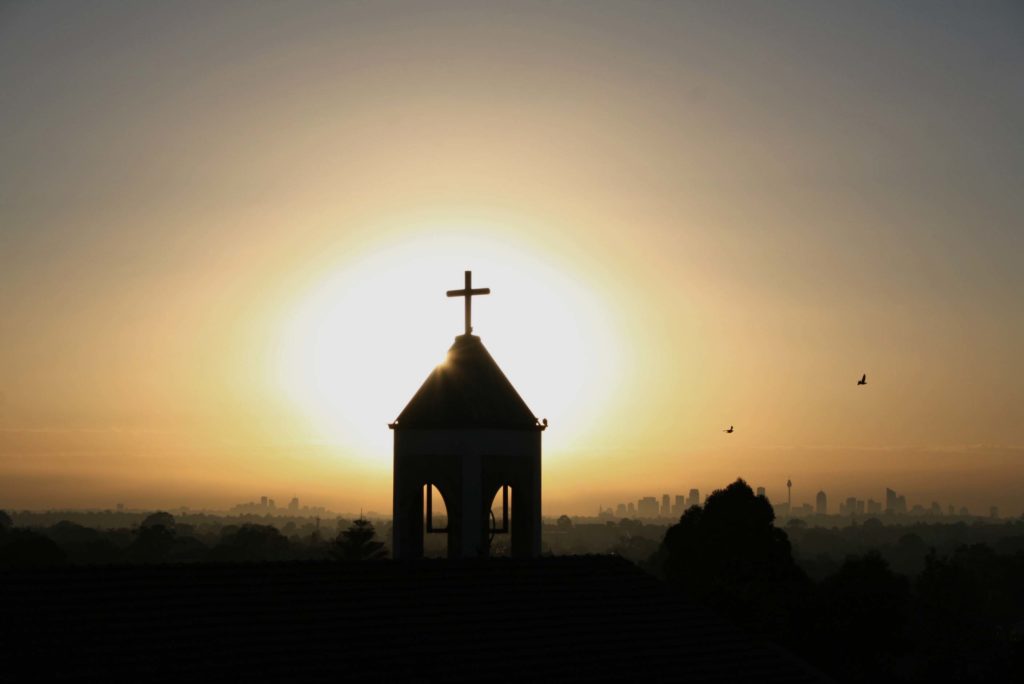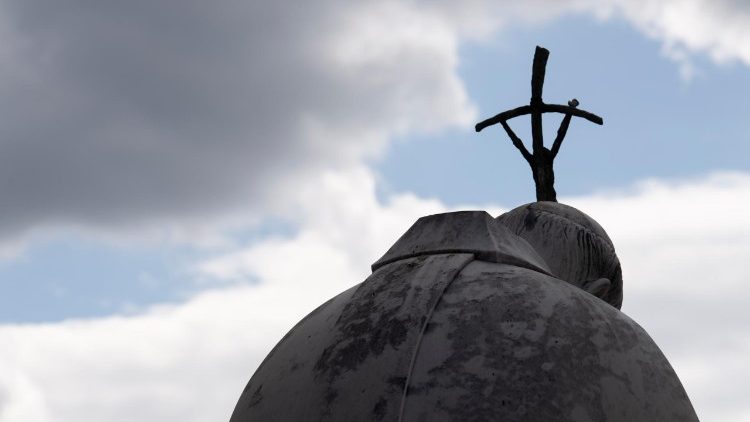Why Is the Catholic Church ‘One’?
Diversity in Unity

Father Jairo Yate, priest and examining judge in the diocese of Ibagué, Colombia, answers the question of why the Catholic Church is “one,” as prayed in the Creed.
* * *
What Does Vatican Council II Teach?
Christ constitutes His Church Holy, a community of faith, hope, and charity. It is the only Church of Christ. We confess that the Church of Christ in the Nicene-Constantinopolitan Creed as One, Holy, Catholic, and Apostolic. That Church of Christ, which is pilgrimaging amid the world’s persecutions and God’s consolations, proclaiming the Lord’s Cross, until He comes (cf. 1 Corinthians 11:26; cf. Lumen Gentium 8).
It is the only Church of Christ, our Saviour that, after His Resurrection, He entrusted to Peter to feed her (cf. John 21:17), entrusting to him and to the other Apostles her diffusion and government (cf. Matthew 28:18 ff), and He established her perpetually as column and foundation of the truth (cf. 1 Timothy 3:15). This Church, established and organized in this world as a society, subsists in the Catholic Church, governed by the Successor of Peter and by the Bishops in communion with him.
Why Is It Said That the Church is “One”?
The Catechism of the Catholic Church states: the Church is one due to her origin. The model of that principle is God the Father, Son, and Holy Spirit. The Church is one due to her “soul.” “The Holy Spirit who dwells in believers and fills and governs the whole Church brings about that admirable communion of faithful and unites all in Christ so intimately, who is the Principle of the unity of the Church” (UR 2). Therefore, it is of the essence of the Church herself that she is one.
Can There Be Diversity in the Church?
Since the beginning, this Church which is one appears, nevertheless, with a great diversity that proceeds at the same time from the variety of God’s gifts and the multiplicity of people that receive them.
Gathered in the unity of the People of God are different peoples and cultures. Among the members of the Church, there is a diversity of gifts, positions, conditions, and ways of life. “Within the ecclesial communion, the particular Churches exist with their own traditions” (Lumen Gentium 13). The great richness of this diversity is not opposed to the unity of the Church (cf. Catechism of the Catholic Church 813 and 814).
The Church Is God’s Family
Pope Francis says: “The Church is born of God’s desire to call all people to communion with Him, to His friendship, and to take part as children in His own divine life. The word “Church” itself, from the Greek ekklesia, means “invitation.” God calls us, He invites us to come out of individualism, of the tendency to close ourselves in ourselves and He calls us to be part of His family.
Where Does the Church Come From?
The Church was born of the supreme act of love on the Cross, from Jesus’ pierced side, from which blood and water flowed, a symbol of the Sacraments of Baptism and of the Eucharist. In God’s family, in the Church, the vital sap is the love of God, made concrete in loving Him and others — all others, without distinction or measure” (Pope Francis).
When Does the Church Manifest Herself?
She was manifested when the gift of the Holy Spirit filled the heart of the Apostles and impelled them to go out and embark on the road to proclaim the Gospel, to spread God’s love (Pope Francis).
Translation by Virginia M. Forrester
Related

Discover Your Vocation: The Divine Path to a Full and Holy Life
Patricia Jiménez Ramírez
01 April, 2025
5 min

“I Stay With Those Who Care For Me”: An Anthem to Luminous People
José Miguel Ponce
01 April, 2025
2 min

Francis’s 38 Days in the Hospital: Appointments and Cries for Peace
Exaudi Staff
01 April, 2025
5 min

Forgiving Infidelity
P Angel Espinosa de los Monteros
31 March, 2025
2 min
 (EN)
(EN)
 (ES)
(ES)
 (IT)
(IT)

